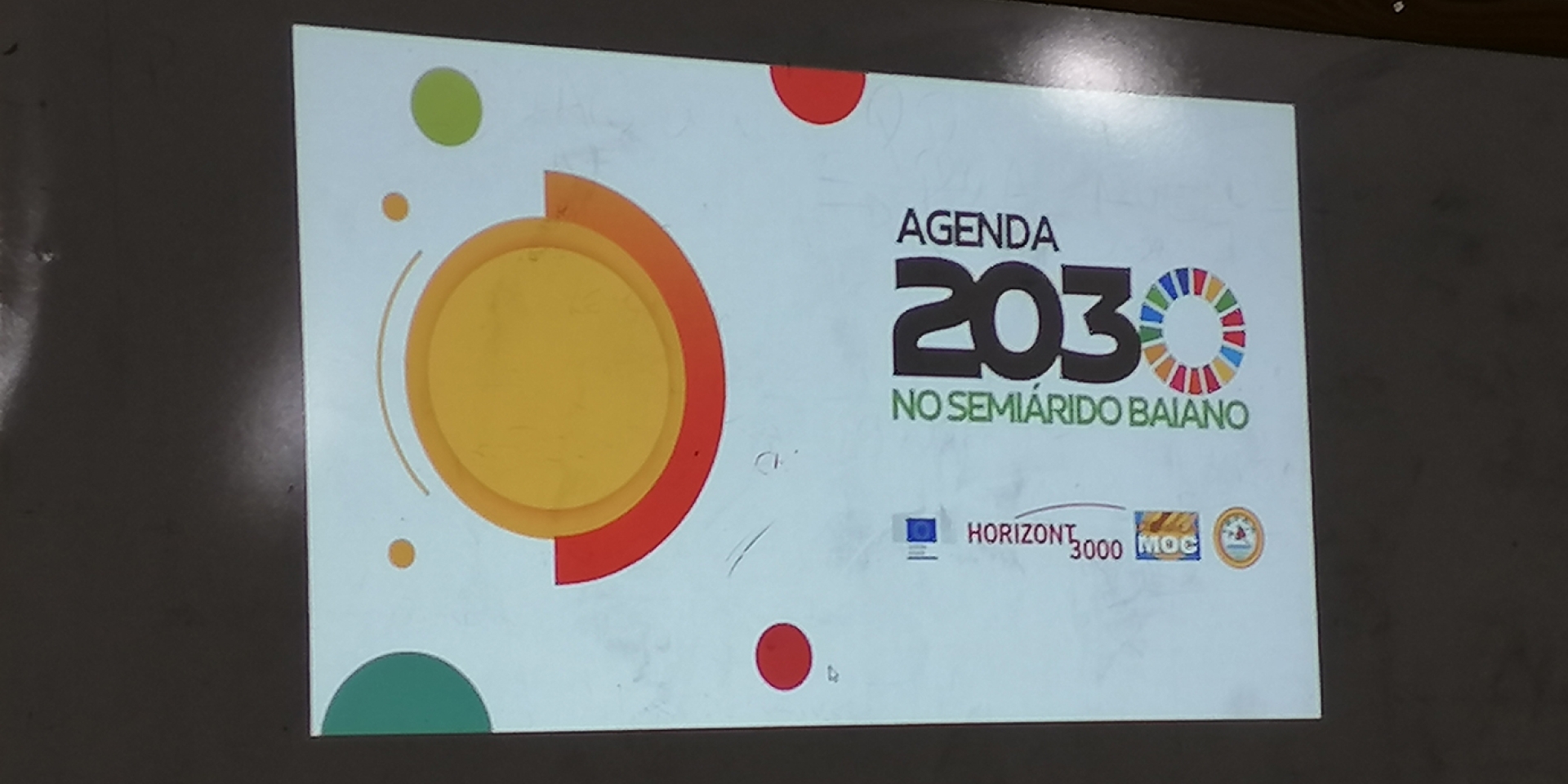
Strengthening civil society organizations (CSOs) to exert political influence on shaping public policy, ensuring gender equality, youth participation and compliance with the 2030 Agenda.
Directly involved: 45 CSOs, 8 regional organisations and 3 national networks. Around 850 people with a focus on women and young people (500 people). A total of 3.600 people. In addition, 130 employees and managers of three state secretariats. Indirect involved are the inhabitants of the 10 municipalities, around 472.000 people.
Brazil, and the semi-arid north-east in particular, is the scene of policies that cause hunger and exclusion. Examples of these policies are: Cuts to measures aimed at the welfare of the rural population, the freezing of the minimum wage and cuts to health and social assistance. These conditions, exacerbated by the COVID 19 pandemic, have exacerbated poverty in Brazil. Food insecurity is steadily increasing, especially in the northeast of the country, where 68% of the population is affected by some form of food insecurity, especially households headed by multiply marginalized women. 350,000 families in the semi-arid region still have no access to drinking water. Women and young people lack opportunities for development and participation. The fight against and adaptation to climate change is not being driven forward by politicians. The 2030 Agenda and the SDGs are still little known in Brazil. Although the state is obliged to promote their implementation, there are still few official instruments and strategies for this. Municipalities should play an important role in this process, but they have little knowledge about it.
The organisation prioritizes actions in the field of public policy advocacy, social participation, coexistence with the semi-arid region, agroecology, social gender relations, solidarity economy, contextualized rural education, food and nutrition sovereignty and security, sustainable development, the right to communication, among others.